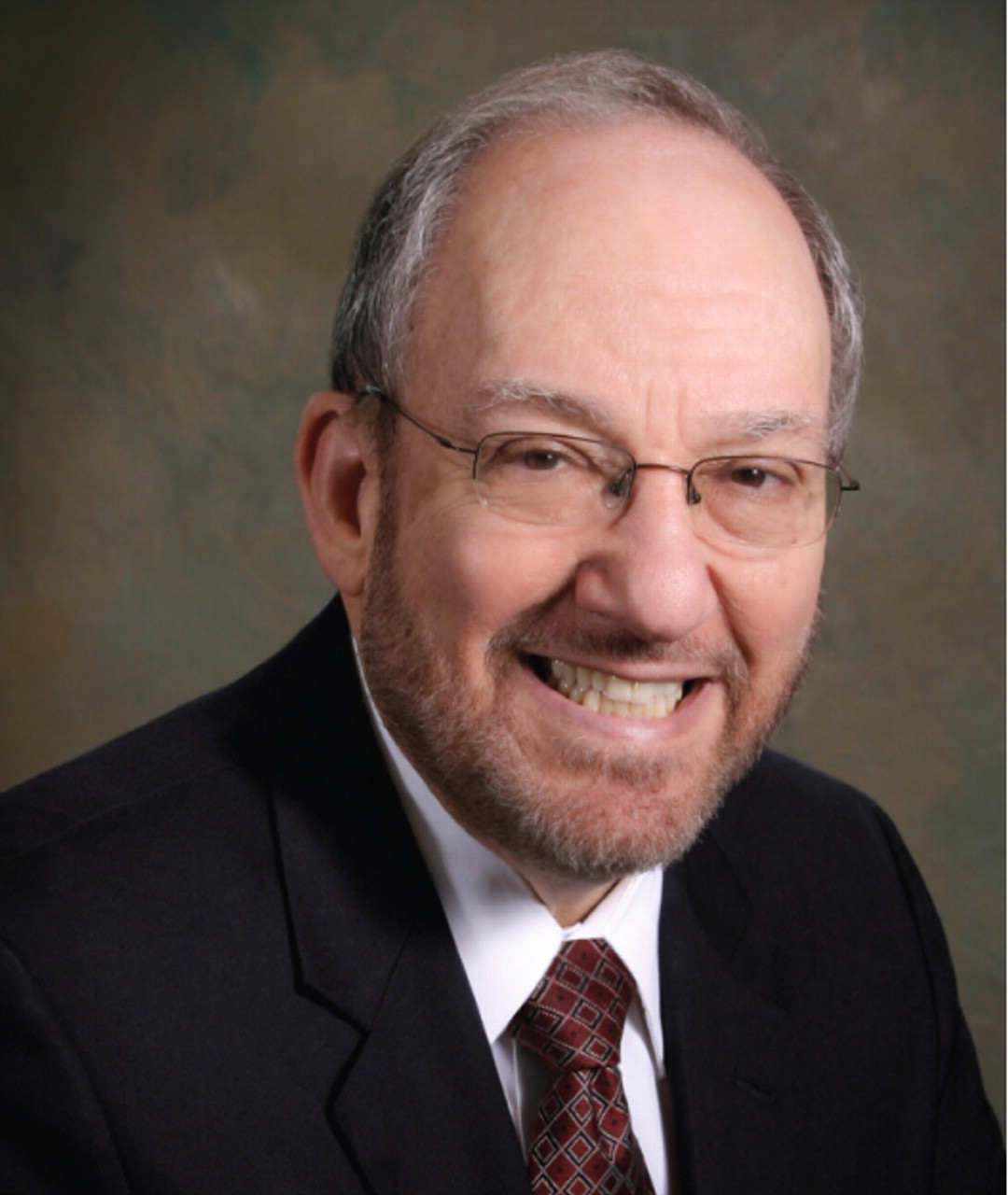Does anyone care what the Assembly does? The answer is that it depends on what the Assembly actually does. One of the things the Assembly does is take positions on important issues relevant to our patients and our profession. For APA to take an official position, both the Assembly and Board of Trustees must approve it. When the Assembly is faced with such an important issue, there is often a vigorous debate preceded by critical analysis in the reference committees and/or the seven Area Councils.
A couple of examples are in order. In 1973, after debate and approval by the Assembly and Board of Trustees, APA stated that homosexuality was not a mental disorder and should not be included in DSM. At that time this was highly controversial. Subsequently, this position was incorporated into the next edition of DSM, and it has greatly influenced the practice of psychiatry. Of course it also had a great impact on an untold number of people who are homosexual and on their families and friends.
More recent position statements passed by the Assembly and Board of Trustees after much debate include those supporting legal recognition of same-sex unions (2004) and same-sex civil marriage (2005), issues that continue to reverberate throughout our society.
In may 2006, APA took the position that a psychiatrist should not participate in any way in the interrogation of detainees or prisoners, including the supervising or advising of those who might do so. I have been told that this action brought about a rethinking of the role of mental health professionals in the military. It also appears to have put pressure on many members of the American Psychological Association to question the much weaker position that their organization took on this issue. I have also heard that it has caused some mental health leaders to re-examine policies involving mental health involvement in police interrogation.
None of these positions was developed without debate within the Assembly. The debate that occurs can modify the position or lead to a sensitivity on both sides about this question. An example was the situation when the interrogation position was debated in the Assembly. There was considerable empathy for the situation of military psychiatrists who engage in some way in advising military intelligence. It was understood that military psychiatrists have an important role and believe that they may be acting to prevent psychiatric complications from occurring when they have some role to play in the interrogations. Nevertheless, a clear majority of the Assembly believed that it was, in the long run, better for our patients and our profession for APA to take the position that it did.
The most recent position taken by APA originated in the Assembly and came about because of a policy taken by the National Association of Teachers in Further and Higher Education (NATFHE), an organization of academic professionals in Great Britain. The organization adopted a policy urging a boycott of individuals and institutions that did not publicly dissociate themselves from Israel's policies regarding the Palestinians. This would have had a serious negative effect on Israeli scientists in particular, as well as many others.
An action paper was introduced by several Assembly members condemning the action of NATFHE, not only because of the unfair action toward Israeli professionals, but because of the precedent of taking away academic freedom from psychiatrists and other professionals. This issue was debated in the Assembly, including the opposing view that APA should not take a position on such social issues.
After spirited debate, the Assembly and then the Board voted to condemn the action of NATFHE. (NATFHE merged with another academic organization that opposed NAFTHE's call for the boycott, thus ending it.) However, APA's position stands and will allow it to publicly speak if any such threat to academic freedom appears on the horizon.
APA has taken more than 200 official positions on issues since 1958. Some of them have been retired, replaced, or superseded. Many of them were prescient and ahead of their time. I am sure that many were vigorously debated by our representatives and leaders, all of whom stood up for what they believed was right. It is also easy to imagine the impact that they have had on our patients, psychiatric and other medical care, our profession, and in some cases social policy in the United States.
You can review APA's official position statements online at<www.psych.org/public_info/libr_publ/position.cfm?pf=y>. A list of the most recent appears below.
So I hope that you care what goes on in the Assembly. Communicate with your representative in person, through your district branch, or by e-mail. Names and contact information for Assembly reps are posted in the Member's Corner of APA's Web site at<www.psych.org/members/components/assemblydetail.cfm>.
Where Does APA Stand?
Here are the position statements approved by the APA Assembly and Board of Trustees in the past three years. Position statements, also known as policy documents, are short statements (generally one to two pages) that define APA official policy on specific subjects. They are systematically reviewed by the originating council seven years after adoption. Position statements are posted on APA's Web site in Members Corner at<www.psych.org/public_info/libr_publ/position.cfm>.
2004
•.
Diminished responsibility in capital sentencing
•.
HIV and inpatient psychiatric services
•.
HIV and outpatient psychiatric services
•.
HIV-infected psychiatrists
•.
HIV-infected pregnant women
•.
Mental health, substance abuse, and aging: three resolutions
•.
Occupational HIV exposure: protocols and protections
•.
Psychiatric implications of HIV/HCV coinfection
•.
Recognition and management of substance use disorders and other mental illnesses comorbid with HIV
•.
Universal access to health care
2005
•.
Adjudication of youths as adults in the criminal justice system
•.
College and university mental health
•.
Death sentences for persons with dementia or traumatic brain injury
•.
Mentally ill prisoners and death row
•.
Publication of findings from clinical trials
•.
Support of legal recognition of same-sex civil marriage
•.
Use of the concept of recovery
2006
•.
Psychiatric participation in interrogation of detainees
•.
Resolution against racism and racial discrimination and their adverse impacts on mental health
•.
Psychotherapy by psychiatrists

